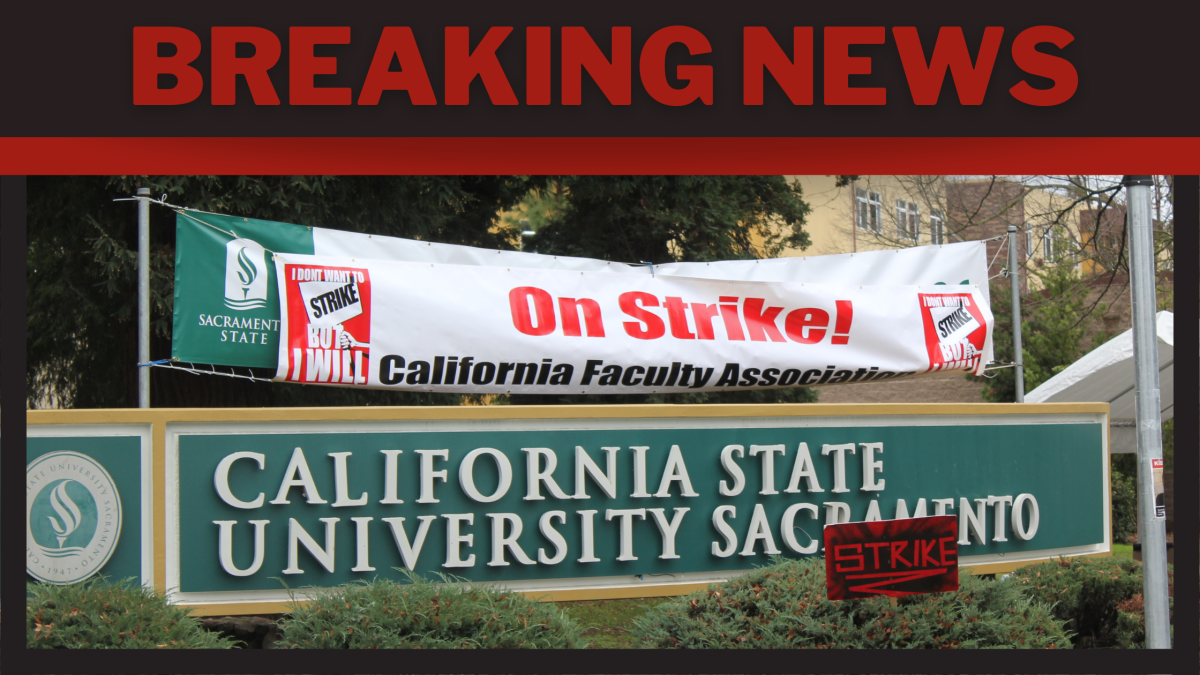More holidays deserve federal recognition
November 30, 2011
The holidays are the time of the year people look forward to. It’s a time where families, friends and loved ones get together to celebrate.
For people who celebrate Christmas, getting together with their loved ones does not have to come second to a busy schedule. There’s no school and a lot of businesses are closed.
People who celebrate other religious holidays have to either go to school and work on the day of their holiday, or even worse, skip class or take the day off.
The U.S. is known for being diverse, tolerant of all religions and equal. Part of being equal is recognizing different religious holidays and not just the one that’s mostly celebrated. It may be because the majority of the country celebrates Christmas, but let’s not forget that Islam and Judaism are also among the most practiced religions in the world.
Millions of Americans celebrate Eid and Hanukkah. According to the Council on American-Islamic Relations, there are an estimated 7 million Muslims in America, while there are about 6 million Jews in America, according to the U.S. Census.
Eid comes twice a year for Muslims. The first Eid is known as Eid Al-Fitr, which is the day after the holy month of Ramadan comes to a close. The second Eid is known as Eid Al-Adha, which is the Eid of sacrifice.
On the morning of both Eids, Muslims go their local mosque to perform the Eid prayer. But many are forced to deal with scheduling conflicts, especially when Eid lands on a weekday.
The commonly known argument is Eid is never on a set date, because it is determined by the sighting of the moon. But there is always the estimated date, and that should be the day Eid is recognized federally.
Khadija Hersi, freshman business major, enjoys celebrating Eid for the time spent with family and friends.
“It seems only fair we celebrate Eid (federally) because Islam is the fastest growing religion,” Hersi said.
Hanukkah is a Jewish holiday that is celebrated for eight days and nights. It begins on the 25th of the Jewish month of Kislev and celebrated in December.
Senior child development major Adrienne Adelberg said to make a holiday specific to a minority would be out of place for the federal government.
“I don’t see any reason that Hanukkah should be a Federal holiday because it is a religious and cultural holiday,” Adelberg said. “I don’t believe the government should mandate holidays for the entire country that are religious or cultural in origin.”
Similar to Eid, Hanukkah falls on a different day every year and lasts for a total of eight days. There should be days for both holidays to be recognized.
According to the U.S. Senate website, each individual state decides what its legal holidays will be. Each national holiday is only applicable to federal employees.
Are there not federal employees who do not celebrate Christmas?
The freedom of religion is clearly described as an American right, so Americans who are of different religions should have their holidays federally recognized.
Marwa Diaf can be reached at [email protected]








































































































































